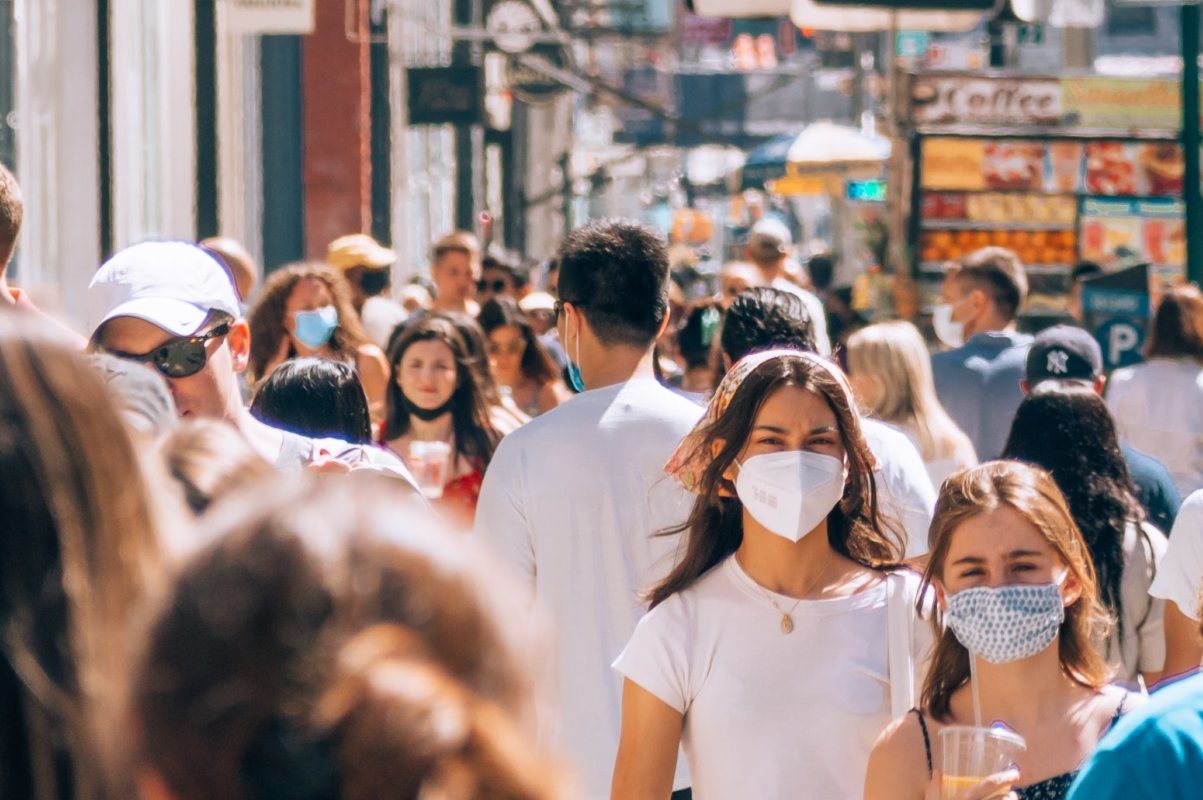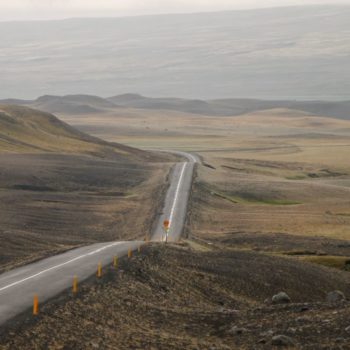Well, it’s been quite a year, hasn’t it? It seems trivial to say how dreadful COVID-19 is for so many people, families, societies. Yet, the enormity of the crisis isn’t matched by the response to it. Vaccines are still so inequitably distributed. The recovery is so uneven. And from Europe at least, where I am writing this, successive waves of the virus and consequent re-tightening of rules breeds a pervasive sense of uncertainty and doubt.
The truth is, before this virus, those of us who worry about the economy (there are a few of us) were already uncertain and doubtful about its direction. One of my early contributions to E3G in 2019 was gathering people to discuss “the next crisis”. I didn’t predict COVID-19. I just say, like so many others, the weaknesses of the global economy; gathering problems in investment, trade, inequality; and with a climate crisis already upon us.
The pre-COVID economy was already not responding to climate. A crisis that needs significant investment, innovation and multi-lateral support and trade, was stuck in a global economy deep in austerity, hesitating to invest in almost anything, narrowing fiscal space, and openly courting trade disputes.
Then COVID-19 plunged the economy into a historic recession. Policy to deal with the crisis was invented overnight. Governments actively shut down economies to deal with the disease. Supply chains and business practices just stopped. Innovation and re-tooling of factories, all done at the speed of light, delivered vital medical equipment, like ventilators and masks, and developed vaccines and now, perhaps, even potential cures. Suddenly, we learnt what governments and collaboration can do. Governments supported the private sector through the crisis and its recovery, whether through Central Bank asset purchases, or furlough schemes for employees.
Looking at the pre-COVID world, and at the responses to COVID, myself, Gerhard Schick and Michael Peters of Finanzwende were inspired to write about how crises may be more endemic than pandemic. The way governments, societies, businesses and individuals have responded to COVID is a reflection of how we need to respond to crises generally. We respond as they emerge because life is complicated like that. Our point is to show that there is never a nice, quiet time to reflect on what to do in a crisis – the time to act is, always, now.
And in a way, this is what E3G said so many times over the last year, working with so many wonderful partners.
In April, we mapped out possible actions for G7, to ensure that the world dealt with COVID and climate in tandem. The urgency of dealing with both crises should trigger change.
Two months later, in a June paper, my colleagues in the Better Recovery Unit mapped out the scope for the global financial system to green the recovery, make it inclusive, and provide resilience against climate change and other threats.
We tracked progress in the recovery with our colleagues at Wuppertal Institute. We welcomed huge strides in terms of the development of the EU’s Recovery and Resilience Facility but noted slow progress on the ground. And I hope that our Recovery Report kept many of you informed of what was going on.
As Autumn moved into winter, we tracked the G7 and G20 meetings. Colleagues led by Julian Havers showed how multilateral development banks could lead the charge – no excuse for holding back, governments of the world! And we watched the world limp into COP26, still with no clear clean recovery plan in prospect. Worse, the ghost of austerity was rising in the UK, the EU and in the severe pushback against the Biden recovery plan.
So what a joy it was for my colleague Dile and me, seeing the scope for action being set out so inspirationally by Mia Mottley and Mario Draghi in Glasgow. But while good things were done at COP26, opening up prospects for the future, the global macroeconomy didn’t get the shot in the arm needed.
As the year draws to a close, I reflect on many missed opportunities. But, I do see a little hope for the global economy in 2022. Yes, I am the kind of person who gets delighted from the review of the EU’s Stability & Growth Pact as a real Christmas present; I draw inspiration from the Draghi/Mottley moment of funding the global recovery and transition; and pleasure from the positive noises around building back better for the world and global agreements on taxation.
My New Year’s resolution will be to work with you all to make 2022 the year we do shift the macroeconomy. But let’s talk more about that in a January blog.


